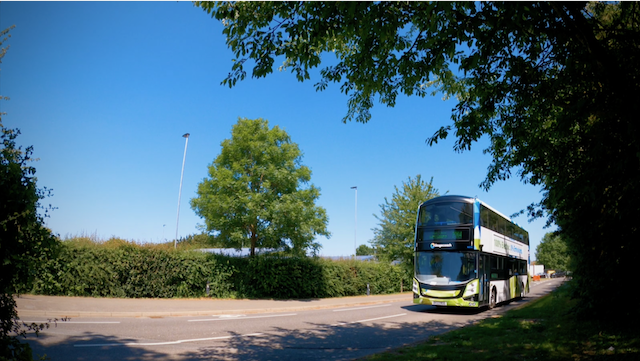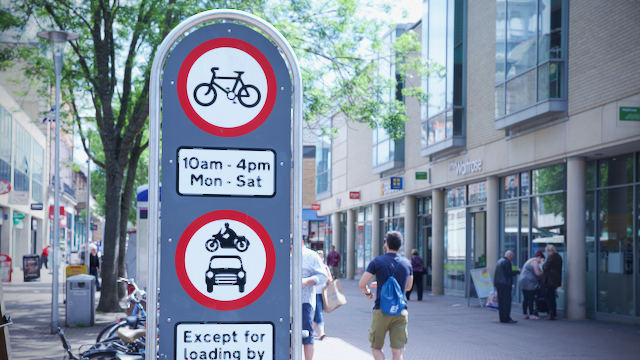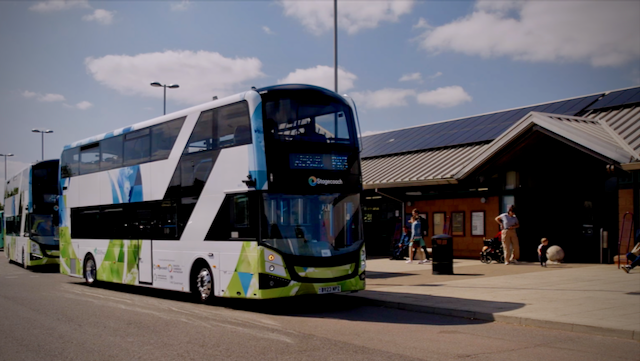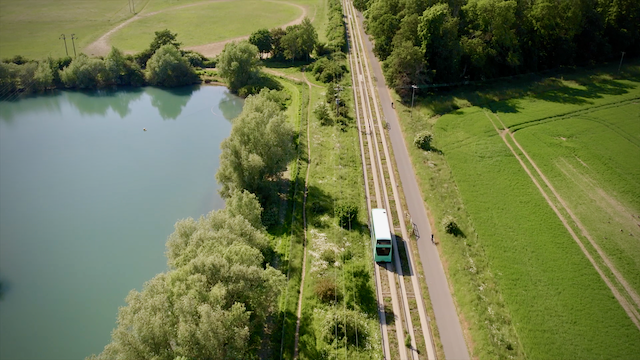
The City Access programme seeks to improve sustainable transport to the city centre and key employment sites, and to reduce congestion by encouraging people away from cars. Supporting local partners’ net zero carbon ambitions and the government’s net zero by 2050 target, the project seeks to improve air quality and create a more people-focused, city-centre environment.







